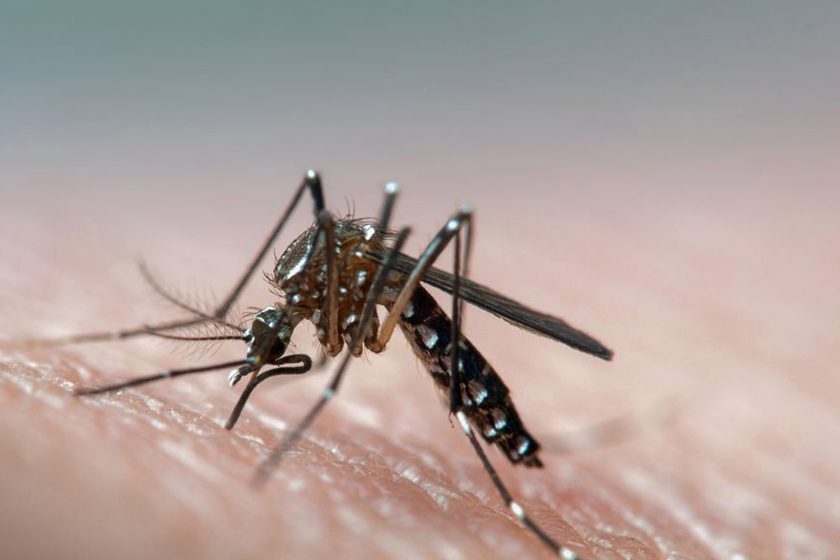RAROTONGA, 03 APRIL 2019 (COOK ISLANDS NEWS) – There are now 24 confirmed cases of dengue fever confirmed in Rarotonga – an increase of 14 over the last time the Ministry of Health released information on the number of people infected.
In that time cases of dengue have spread from an initial four in Aroa and are now present in KiiKii, Pokoinu, Tepuka, Tupapa, Matavera and Inave.
Of the 24 cases, 18 are confirmed cases and six have been rated as “probable cases” by the ministry.
Half of those people infected are women. Health secretary Dr Josephine Herman said there are currently three patients with dengue admitted to the Rarotonga Hospital.
Dr Herman said the age range of patients is six to 71 years. There are five cases that are below the age of 15, 11 between the ages of 15 and 44 and eight cases above 45.
A total of 21 specimens have been sent to New Zealand for confirmatory tests. The last tests were sent over a week ago.
However, Dr Herman said now that the Ministry has confirmed dengue serotype (DENV-1), they will no longer be sending specimens to New Zealand, unless they may identify another dengue serotype circulating in the Cook Islands.
“While initial dengue cases were clustered around Aroa and KiiKii over the past fortnight, seven dengue cases were residents of Pokoinu (2), Tepuka (1), Tupapa (2), Matavera (1) and Inave (1). There are no reports of dengue in the Pa Enua,” Dr Herman said.
Meanwhile, Dr Herman said public health teams were continuing their daily mosquito larvae surveillance and monitoring programmes on Rarotonga and Aitutaki that focuses on surveillance around the hospitals and ports of entry (airports and harbours) as well as the Punanga Nui.
In a statement, the ministry said mosquito larvae surveillance is also extending to schools, not only to support monitoring efforts, but also to provide students the opportunity to learn the scientific basis for surveillance and to participate in the implementation of mosquito-control strategies.
Enhanced vector control strategies have extended to the Pa Enua as well. Dr Herman said peri-focal spraying of the homes of confirmed and probable cases is continuing and the ministry is working with the Corrective Services ministry to conduct weekly clean-up of the Rarotonga Hospital grounds.
“Public health officials are also contacting members of the community to facilitate the removal of old vehicles that are providing breeding and resting environments for mosquitoes.”
She added that all dengue cases are being provided mosquito bed nets to use for up to two weeks, to avoid being bitten by mosquitoes. This will help minimise the risk of mosquitoes spreading the dengue virus to other people.
The public is reminded to keep their home and work environment clean by safely disposing water-retaining containers, avoid mosquito bites by using mosquito bed nets and repellents, screen homes and see a doctor if they develop fever, headache, pain behind the eyes, or muscle aches.
The ministry also advises that one must avoid mosquito bites when visiting other countries experiencing dengue outbreaks.




